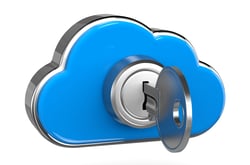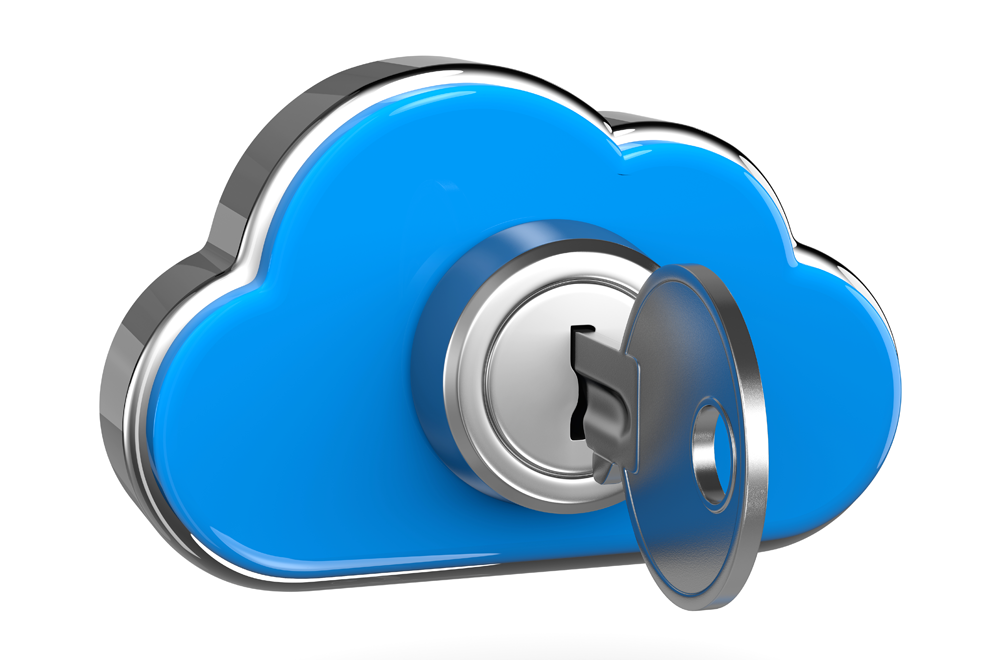 Even Julius Caesar, renowned leader in ancient Rome, protected his correspondence with the help of encryption. It was pretty rudimentary, but good enough to fool the Gauls and Germans. When managing a company today, it‘s crucial to protect business secrets and customer data from unauthorized access – that’s the new battlefront. That’s why the DocuWare Cloud is fortified to reliably encrypt all your communication and documents.
Even Julius Caesar, renowned leader in ancient Rome, protected his correspondence with the help of encryption. It was pretty rudimentary, but good enough to fool the Gauls and Germans. When managing a company today, it‘s crucial to protect business secrets and customer data from unauthorized access – that’s the new battlefront. That’s why the DocuWare Cloud is fortified to reliably encrypt all your communication and documents.
All data is secured within our data center through a VPN (Virtual Private Network), so there is no way to intercept unencrypted data or information outside or within the system.
SSL (Secure Sockets Layer) is used to encrypt data traffic between users and the data center. This applies to both HTTP traffic and remoting-based traffic. By using extended validation technology, a user is instantly shown that a secure and validated connection is in place when the address bar is shown in green:
Julius Caesar relied on a simple shift in letters for turning his messages into a secret code. Around 2,000 years later, all documents stored in DocuWare archives are automatically encrypted using the AES (Advanced Encryption Standard) crypto method.
AES is one of the safest symmetric encryption methods available. It is also used by the US government for top secret documents and meets the highest security requirements.
An asymmetric key pair is generated for each file cabinet. A private key is used to encrypt the symmetric keys that are generated when encrypting the documents contained in a file cabinet. The private key of the file cabinet is then encrypted once again with a master key.
For maximum protection, DocuWare uses a key length of 256 bits when encrypting with AES. A key length of 4,096 bits is used to encrypt the symmetric keys, and a new symmetric key is generated for each document. This once again fortifies the overall security. If, for example, a hacker tries a crypto-analysis, very little encrypted data is available to decipher encrypted texts.


